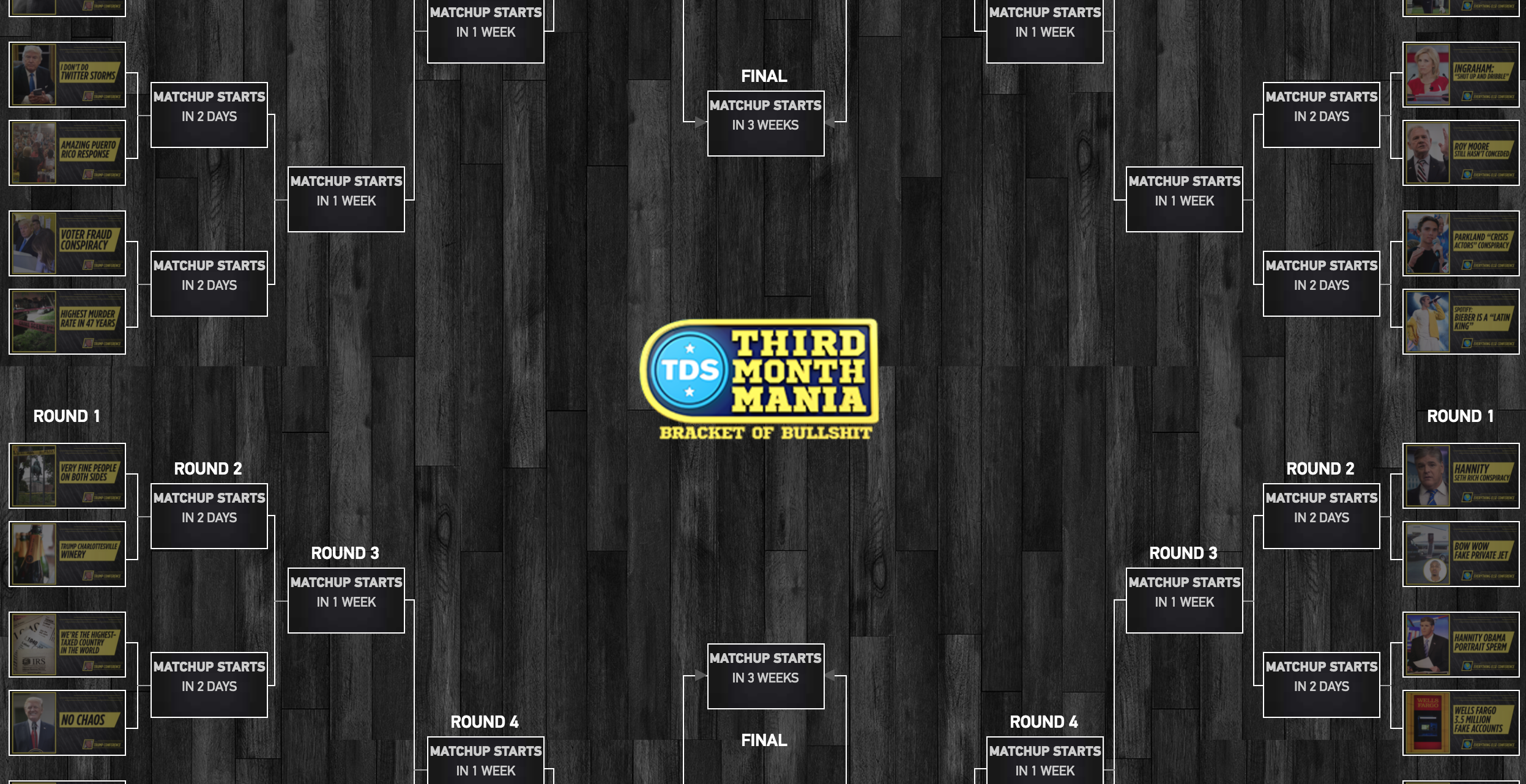The Week in Fact-Checking is a newsletter about fact-checking and accountability journalism, from Poynter's International Fact-Checking Network & the American Press Institute's Accountability Project
Legislating against fake news
This week, the European Commission’s high level group on misinformation released its final report, which includes calls for supporting media financially, data sharing from platforms and an explicit recommendation against outlawing fake news. (Here are six takeaways from the report). Still, countries around the world have increasingly taken an interest in fighting misinformation.
In light of the growing governmental interest in fighting fake news — and the muddying of the term itself — Poynter’s Daniel Funke created an incomplete guide to actions against misinformation around the world. Notably, no country aside from Indonesia has really successfully legislated against fake news. But if we missed one, or you have a comment or correction, email factchecknet@poynter.org and we’ll update the story.
Research you can use
- By now, you’ve almost certainly seen last week’s study in Science magazine on the spread of fact-checked claims on social media. Here’s how media coverage of the research fell short.

This is how we do it
- In an unprecedented collaboration, 60 media outlets, civil society organizations and universities are teaming up to fight misinformation ahead of this summer’s election in Mexico.
- When the Broward County Sheriff’s Office posted its own “fact-checking” site after the Florida school shooting, real fact-checkers went to work. PolitiFact Florida and The Daily Caller were among those that scrutinized the sheriff department’s claims.
- Can we teach people about fake news by tricking people into reading it? Media literacy experts are doubtful, but this new U.S. State Department-funded site is trying.
This is bad
- The moon is really an “abandoned alien spacecraft”? Someone’s getting rich by promoting some very poor science on YouTube, says The Outline.
- Sometimes, the cost of misinformation can actually be someone’s life. Rumors and hoaxes about yellow fever have scared Brazilians away from getting vaccinated, the Associated Press reports.
- “I felt like a POW recording a message,” said one TV anchor after being instructed by his bosses at Sinclair Broadcast Group to read, on air, a script that accused journalists of promoting “fake news.”

This is fun
- It’s March Madness for facts: The “Third Month Mania Bracket for Bullshit” is here.
- A fact check by Axios shows that U.S. Interior Secretary Ryan Zinke wasn’t even close in his claims about how many birds are killed by wind turbines. And, now we know cats are truly evil.
- Staffers for “The Daily Show” talked about truth and fact-checking at SXSW in Austin this week.
A closer look
- In East and Southeast Asia, misinformation is a growing concern. Researcher Masato Kajimoto lays out the current situation in an article for Poynter.
- YouTube announced it would begin placing "information cues" (i.e., links to Wikipedia) on those often controversial videos that support conspiracy theories and other misinformation. But they didn't tell Wikipedia. And Vanity Fair says relying on Wikipedia highlights YouTube's "difficult position."
- What happens when newswires make mistakes? Salem Solomon reports that uncorrected versions of more than half of the corrected Associated Press stories between January and February persist on a range of websites.

If you read one more thing
Why we should stop blaming everything on Russian bots.
Quick fact-checking links
Sticking with the facts helps keep bias out of stories, editors tell readers in the latest “Ask ProPublica Illinois” column. // After three Dutch media outlets filed a lawsuit, an EU disinformation project has removed three stories from its database of falsities. // “We don’t use the term ‘fake news’ on this show,” an MSNBC anchor tells a guest who really likes the phrase. // Snopes fact-checks the number of shoes on the lawn of the U.S. Capitol. // A “great community” of readers can be good for fact-checking, says the editor of WikiTribune. // Using “fake news” case studies from France and Japan, academics demonstrate the limits of anti-misinformation laws in Singapore. // Catch up on the latest news in misinformation across the EU. // No, this isn’t a joke. // The whip of Arizona’s House of Representatives tweeted fabricated Hillary Clinton quotes. // Several of the most engaged reporters on Facebook in February were from clickbait sites. // In an unexpected move, Twitter suspended several popular accounts known for stealing tweets. // Chequeado published a special project for International Women’s Day. // Facebook is hiring a social science researcher to work on its anti-misinformation efforts.
Until next week,







